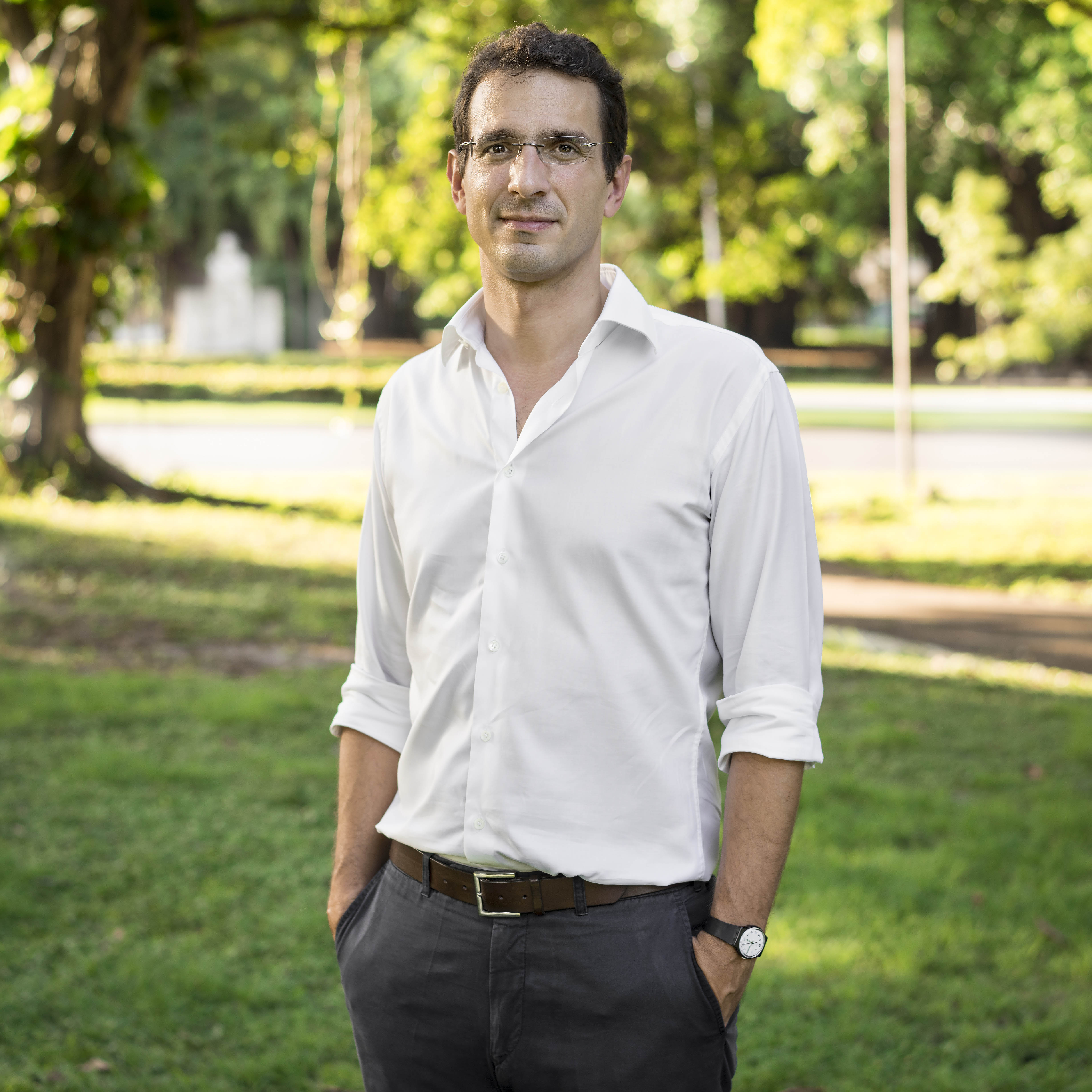
Q&A with Havana Club CEO Jérôme Cottin-Bizonne
Hamish Smith interviewed Havana Club CEO Jérôme Cottin-Bizonne in Cuba.
...................................................................
 Havana Club International has launched five expressions in as many years – what’s behind this strategy?
Havana Club International has launched five expressions in as many years – what’s behind this strategy?
We have among the biggest stock of aged rum in the world. Cuba has a very strong rum culture and we know we have great products. It’s for us to share it with the world. We have the concept of a range, which is new for the brand but each product has a clear purpose and story. We strive to communicate the message of aged rums with quality, heritage, culture and tradition.
Is there a danger you are fragmenting the brand?
No. It’s all based on moment of consumption. It’s not a ladder it’s a horizontal range. It depends on what you want to do and at which moment. I have all the rums at home but I do not always drink the most expensive ones. At 6pm I might go for a Mojito or Daiquiri with the 3 year old, later on I might go for the 7 year old with a cocktail, then I smoke a cigar and I go for Unión. After dinner drink I go for Selección de Maestros. The best Mojito in the world is not made with Máximo, it is made with 3-year old.
Occasions are more specific with rum – it’s so versatile. I don’t know other categories that it is so pronounced.
Havana Club has been relatively flat in sales volume for five years – hovering around 4m 9-litre cases. What is holding the brand back?
Chile used to be a big rum market but has really declined. Not just for us but the category. In some countries local drinks become unfashionable when people have more purchasing power but they managed to maintain the pride of the country by premiumising pisco and it has become back on trend. At the same time, you have a boom in scotch. So Chile’s aged rum is in decline – mainly the Especial.
Spain and Italy, with the [economic] crisis, we have lost a lot of volume in aged rums. Spain has now stabilised but over the years it has seen a big decline due to two things: the crisis and the gin renaissance. In Italy the crisis was the main driver for difficulties but also consumption has switched to champagne and vodkas.
Everyone has had a tough time in travel retail.
Is it frustrating that the brand has remained flat under your leadership?
Of course we would like to see strong growth all the time but I am here to deal with the realities of tough market conditions. When you are a global brand it is not reasonable to expect every market to be growing. That’s what I am paid for. I would rather be positive. It is satisfying to see that many markets are showing enthusiasm for the brand.
Where have you built volumes?
These three aged rum countries [Chile, Spain and Italy] are compensated by markets such as France, Germany, Canada, Mexico, Argentina, UK, and Belgium. In the short term France and Germany are our big growth markets. In Germany ten years ago we were around eight times smaller. In the UK we are also doing very well.
